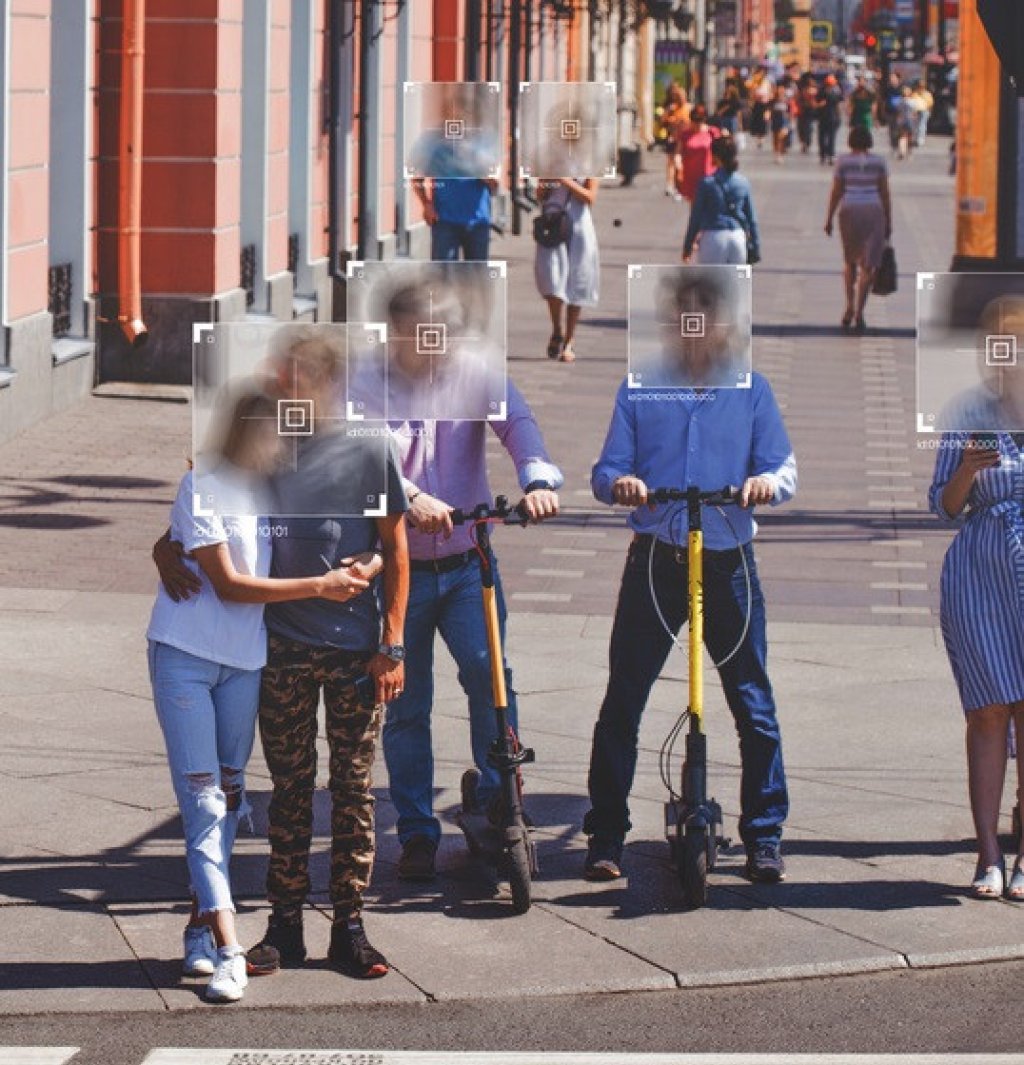Data privacy trends
It’s important for every organisation to build trust in a data-sprawling world. In this article we look at data privacy trends, from increases in global regulations and the advent of data privacy technology, to the essential part played by artificial intelligence in guarding against data breaches.
1. More global data privacy regulations
Since the General Data Protection Regulation (GDPR) came into force in 2018, more than 60 countries have enacted or proposed a privacy or data protection law. Today, 80% of countries are covered by privacy law, which heightens the need to comply in order to manage risks and reputations internationally.
2. Unprecedented levels of fines for data breaches
According to data compiled by Finbold, the EU GDPR fines for 2021 Q3 hit €984.47 million, which is almost 20 times higher than cumulative fines of €50.26 million imposed during Q1 and Q2. To put this into perspective, the Q3 2021 GDPR fines are also three times higher than the €306.3 million imposed throughout 2020. Overall, companies in the technology and telecomms space have suffered the highest fines.
3. Data privacy transparency becomes a customer priority
Cisco’s 2022 Consumer Privacy Survey reveals important trends among the public’s expectations of organisations’ data governance. The number one finding of the Cisco survey is that: “Transparency is an essential element of trust, and consumers rank transparency as the most important thing organisations can do to build and grow trust when it comes to dealing with their personal data.”
The implications are that a significant percentage of customers defect to other suppliers when they feel their data is being mis-used or is not secure. Companies must protect consumer data or lose the trust of their customers and drive them elsewhere.

4. Companies invest more in privacy technology
As a result of more privacy laws coming into force and the growth in data, Gartner predicts that large organisations will spend on average an annual budget for privacy that will exceed $2.5 million by 2024.
5. Managing the increase in data subject requests
Some companies anticipated that a rise in data subject access requests (DSARs) would follow after GDPR. For others, especially smaller businesses, their first DSAR probably dropped like an administrative hand grenade. Facit has previously written on the rise in DSARs and the rise ICO deadline failures.
As the public became more knowledgeable about its privacy rights, DSARs rose. DSARs rose again and became more complicated as more lawyers and insurance companies became involved. DSARs then surged around the pandemic years as large numbers of employees sought information from their employers. The process of identifying all the data held on an employee can take weeks, and 27% of businesses acquired new staff to deal with this growing trend.
6. Privacy technology takes centre stage
Companies look to technology to help them nurture customer trust by guarding against data privacy breaches. Privacy-enhancing technologies rose to prominence in 2021, and truly entered the spotlight in 2022.
While organisations will be watchful for cyberattacks, hackers and employee misconduct, it is harder to eliminate the risks associated with human error and accidents when processing data. Facit’s Identity Cloak video redaction tool is designed to eliminate human error by removing all data but the subject(s) of interest from video footage prior to sharing it with a third party or when fulfilling a DSAR.
7. Changing privacy landscape among video redaction customers
Facit’s customers in multiple sectors around the world have similar objectives. Data Officers want efficient privacy technology and assured compliance. Commercial operations want to build trust with their customers that translates into loyalty and profits. Public sector organisations prioritise safety and good governance.
Here are the top six goals and requests Facit delivered on in 2022:
Keep video data privacy processing in-house to avoid the risks involved with third-party processing, Cloud processing and situations that involve data leaving a secure environment.
Employ technology to eliminate human error and accidental breaches.
Employ technology to reduce costly admin burdens.
Deploy rapid processing to operate within ICO deadlines.
Implement scalable systems manage increases in data throughput.
Conduct privacy processing within predictable budgets.
Identity Cloak solves today’s privacy challenges and is future-proof
Facit’s video redaction software, Identity Cloak, has helped organisations worldwide to manage video data privacy since the introduction of GDPR in 2018. The latest versions of Identity Cloak incorporate artificial intelligence (AI), which enables companies to automate, and cope efficiently and accurately with the huge increases in data volumes that require privacy processing. Two much-admired aspects of Facit’s video data privacy technology are its scalability and the product’s roadmap. For example, Identity Cloak’s AI and machine learning capabilities enable customers to cope with nuances emerging within the data privacy sphere, such as the ability to identify skin tones.
We would of course be delighted to show you the future of video data privacy processing. Simply ask for a demonstration to see how AI enables operators to avoid potential video data breaches with a single click.



